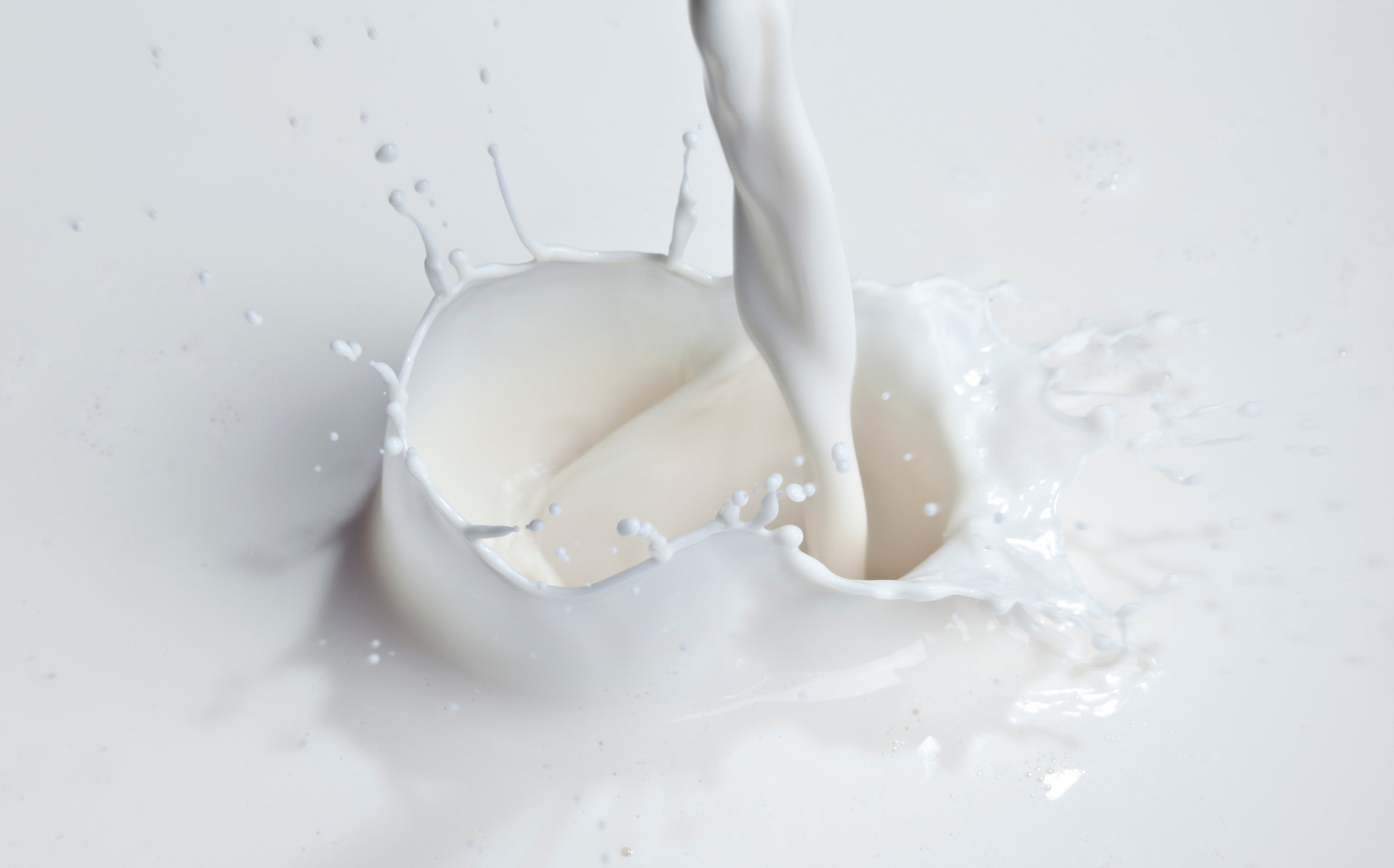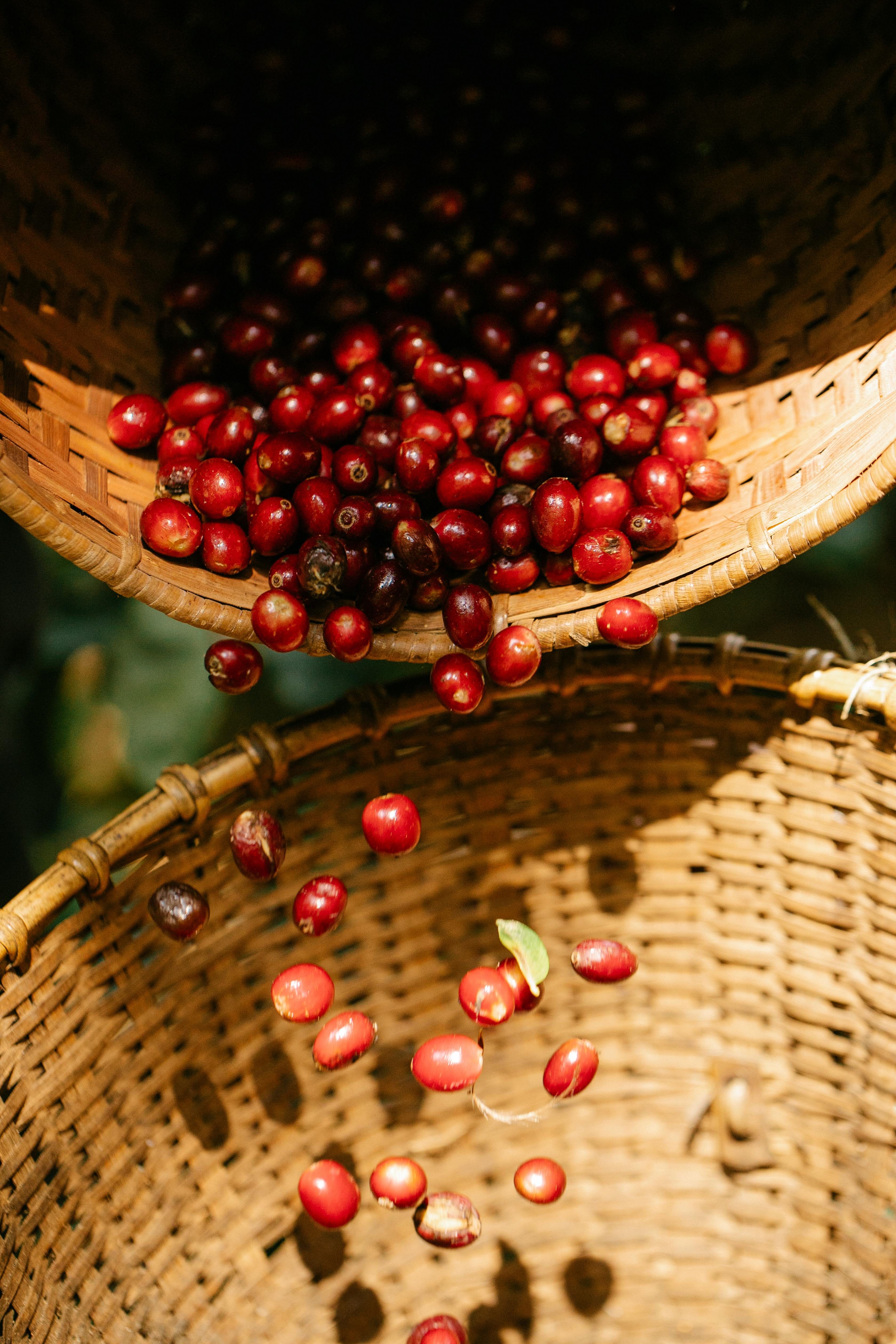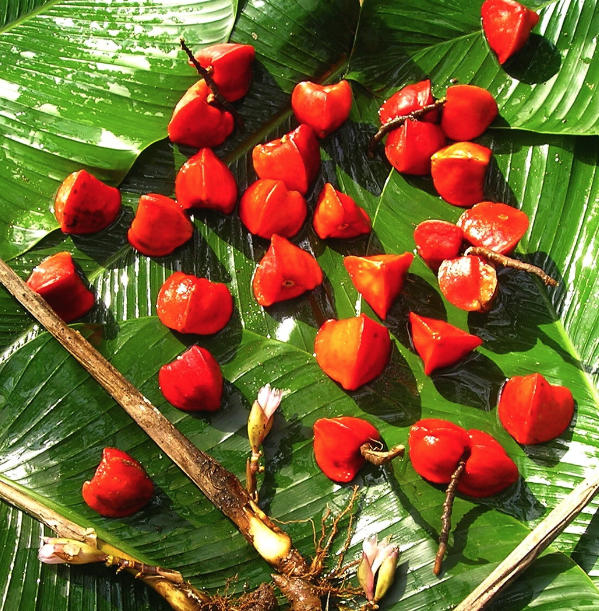We have created this drink using Ultra-filtered milk, but what is it?
Ultra-filtered milk, also known as MPC (Milk Protein Concentrate), is a natural dairy protein derived from cow’s milk, containing both casein and whey proteins. Ultra-filtered milk contains a blend of fast- and slow-digesting proteins, providing a sustained release of amino acids to the muscles, promoting muscle growth and preventing muscle breakdown. It is a complete protein source and offers a range of health benefits, making it a highly preferred protein supplement.
Ultra-filtered milk contains all the essential amino acids required by the body to build new tissues. It is rich in branched-chain amino acids (BCAAs), which are essential for muscle growth and brain health. It’s also packed with electrolytes that regulate nerve and muscle function, hydrate the body, balance blood acidity and pressure, and help rebuild damaged tissue.
It is easily digestible, making it an ideal choice for athletes and fitness enthusiasts who need to consume protein. It is also a great option for those looking to increase their protein intake without consuming excess fat or calories. Ultra-filtered milk is low in fat and lactose, making it an excellent choice for those who are lactose intolerant or want to maintain a low-fat diet. Additionally, ultra-filtered milk contains essential minerals like calcium, magnesium, and phosphorus, which are vital for bone health.
Ultra-filtered milk. How is it made?
Ultra-filtered milk is produced using a specialised filtration technique called ultrafiltration.
During this process, milk is passed through a membrane filter that traps both casein and whey proteins while allowing the liquid components (water, fat, lactose, and sugar) to pass through. The entire process takes place at “cold” temperatures, well below the point where proteins start to denature.
The retained milk proteins then undergo diafiltration, which involves further filtering the proteins to remove any unwanted substances like lactose, fat, and sugar. The result is a concentrated form of milk that is low in fat, lactose, and sugar, high in protein, and rich in all nine essential amino acids.
Muscle Growth and Recovery
One of the most significant benefits of ultra-filtered milk is its ability to promote muscle growth and recovery. This is because ultra-filtered milk is rich in amino acids, particularly BCAAs like leucine, which are essential for muscle protein synthesis. By stimulating muscle protein synthesis, ultra-filtered milk helps to build and repair muscles, which is crucial for athletes and fitness enthusiasts.
Milk protein can protect lean body mass during a calorie deficit, aiding in weight loss, and can help you feel fuller, which reduces overeating. Additionally, it is effective in minimising muscle damage and soreness after intense workouts. This aids in recovery, allowing individuals to train harder and more frequently, leading to better results.
Weight Management
Another benefit of ultra-filtered milk is its ability to aid in weight management. Studies have shown that consuming ultra-filtered milk as part of a healthy diet can help reduce appetite and improve satiety, making you feel fuller for longer and leading to a reduction in calorie intake.
Furthermore, because ultra-filtered milk is low in fat and lactose, it can be a useful tool for individuals trying to lose weight. It provides a high-quality source of protein without the added calories, making it an excellent addition to a weight loss diet.
Immune System Support
Ultra-filtered milk is rich in immunoglobulins and other bioactive proteins that can help support immune function. These proteins help to increase the production of white blood cells and antibodies, strengthening the body's immune system and reducing the risk of infections.
How did coffee get to Brazil?
The story of how coffee was first introduced to Brazil is one of subterfuge, seduction, and intrigue. In 1727, Francisco de Melo Palheta, a lieutenant-colonel in the Brazilian army, was commissioned by the Portuguese government (which ruled Brazil at the time) to steal coffee from the French, who had several nearby colonised countries growing coffee and had refused to share. When Brazil was asked to intervene in a border dispute in French Guiana, a country that borders the northern Brazilian state of Amapá, Palheta was sent to deal with the dispute and to steal a viable coffee seed.
After Palheta successfully arbitrated the dispute, he asked the colonial governor of Cayenne for a sample of the governor’s coveted coffee plant. The governor refused, seeking to maintain the monopoly France had on coffee plants in the Americas. According to legend, Palheta skirted this problem by seducing the governor’s wife. When Palheta was set to depart French Guiana for Brazil, his paramour gifted him a bouquet of flowers that had coffee beans hidden within it. The rest, as they say, is history.
How we extract our signature coffee taste
After the coffee beans arrive, we put them through our hot-water extraction system, leveraging time, heat, and pressure as its key controls. It harnesses the power of atmospheric pressure to extract the maximum amount of desirable solids from ground coffee. The hot extract is rapidly cooled in a matter of seconds using a series of heat exchange systems, ensuring that the flavour and aroma of the coffee are preserved. The coffee then undergoes several stages of filtration to remove any impurities, resulting in our coffee carrying sweet undertones and chocolate notes.



